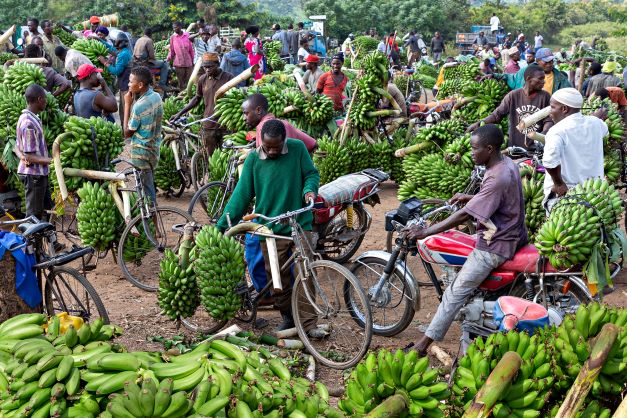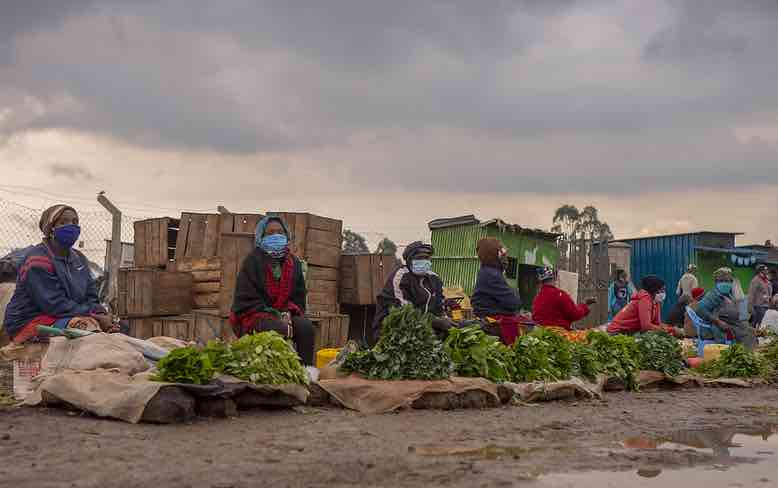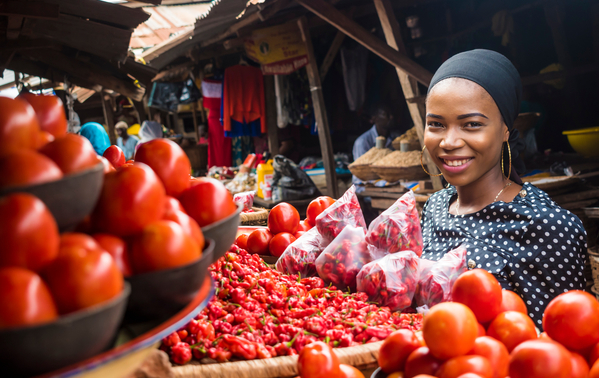Gender equality and food systems are intertwined. Evidence shows that countries with the greatest gender inequalities also have high levels of food insecurity. IFPRI has long been engaged in research that shows the pathways between gender equality and women’s empowerment and food and nutrition security, climate adaptation, economic growth, and poverty reduction. Despite this evidence, persistent gender gaps remain in access to resources, information, technologies, and services; harmful gender and social norms continue to compromise women’s nutrition and women’s rights; and policy interventions rarely include a gender focus and policies are not evaluated for their impacts on gender equality and inclusion. Some groups of people also suffer from multiple exclusions. For example, indigenous women, people with low incomes, and those living in marginal areas are often left out of policy processes.
This cross-cutting pillar will adopt a two-pronged approach: (i) ensuring all the other pillars include an explicit gender and inclusion focus, and (ii) conducting research and developing and implementing tools that lead to the achievement of gender equality in food systems.
Specific research will focus on:
- Developing and using analytical tools to integrate gender in food system policies and investment plans and analyzing the impact of policies on gender and inclusion.
- Working with regional organizations, including AU and UNECA, to develop a national accountability and scoring system and for gender equality in food systems.
- Integrating gender equality in program design, implementation, and evaluation, including the development and scaling of tools to measure women’s empowerment (e.g., WMENS) in food systems.
- Generating evidence on what works for integrating gender in trade, climate change, nutrition, and other programmatic interventions.



